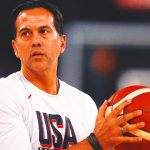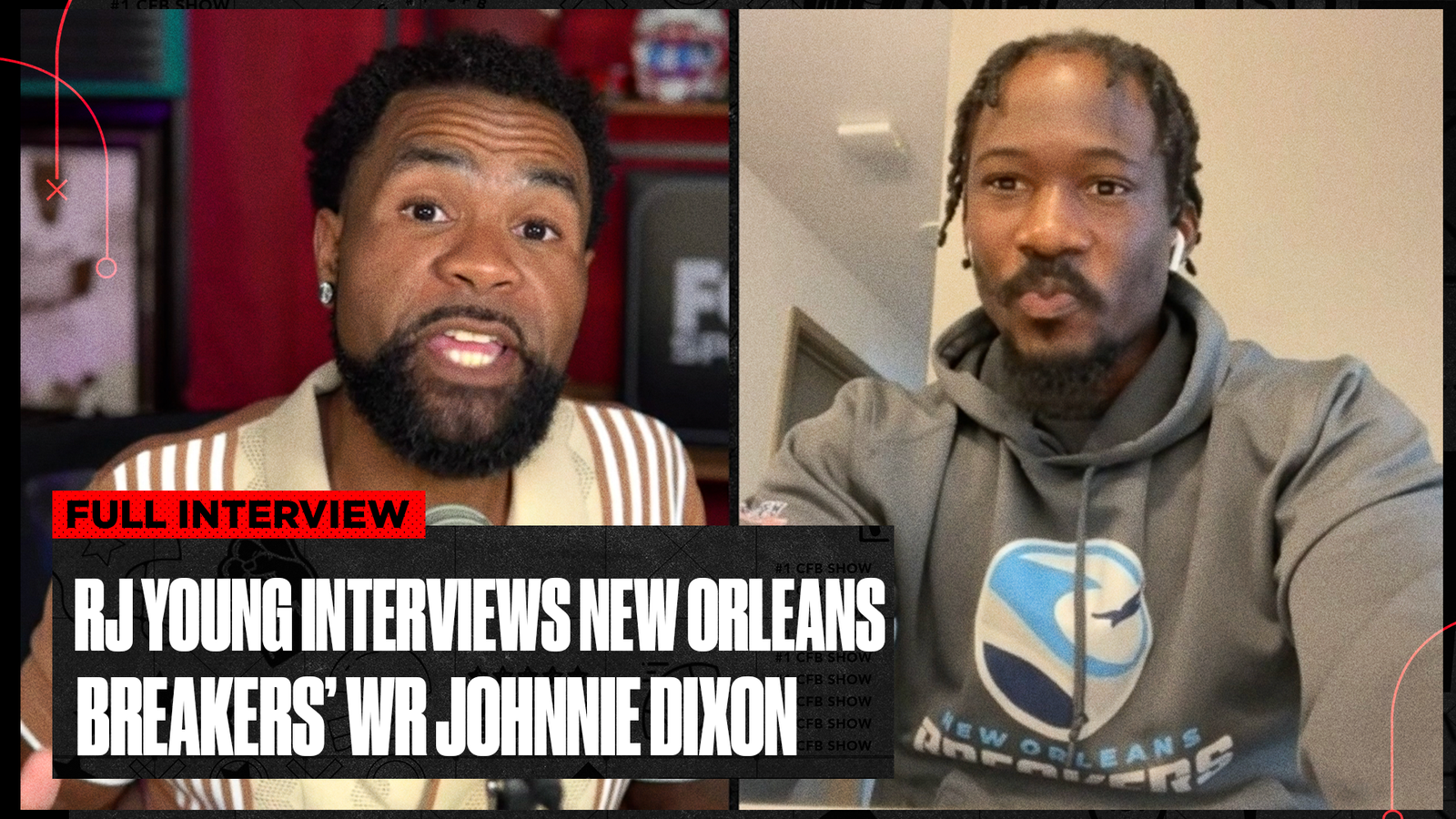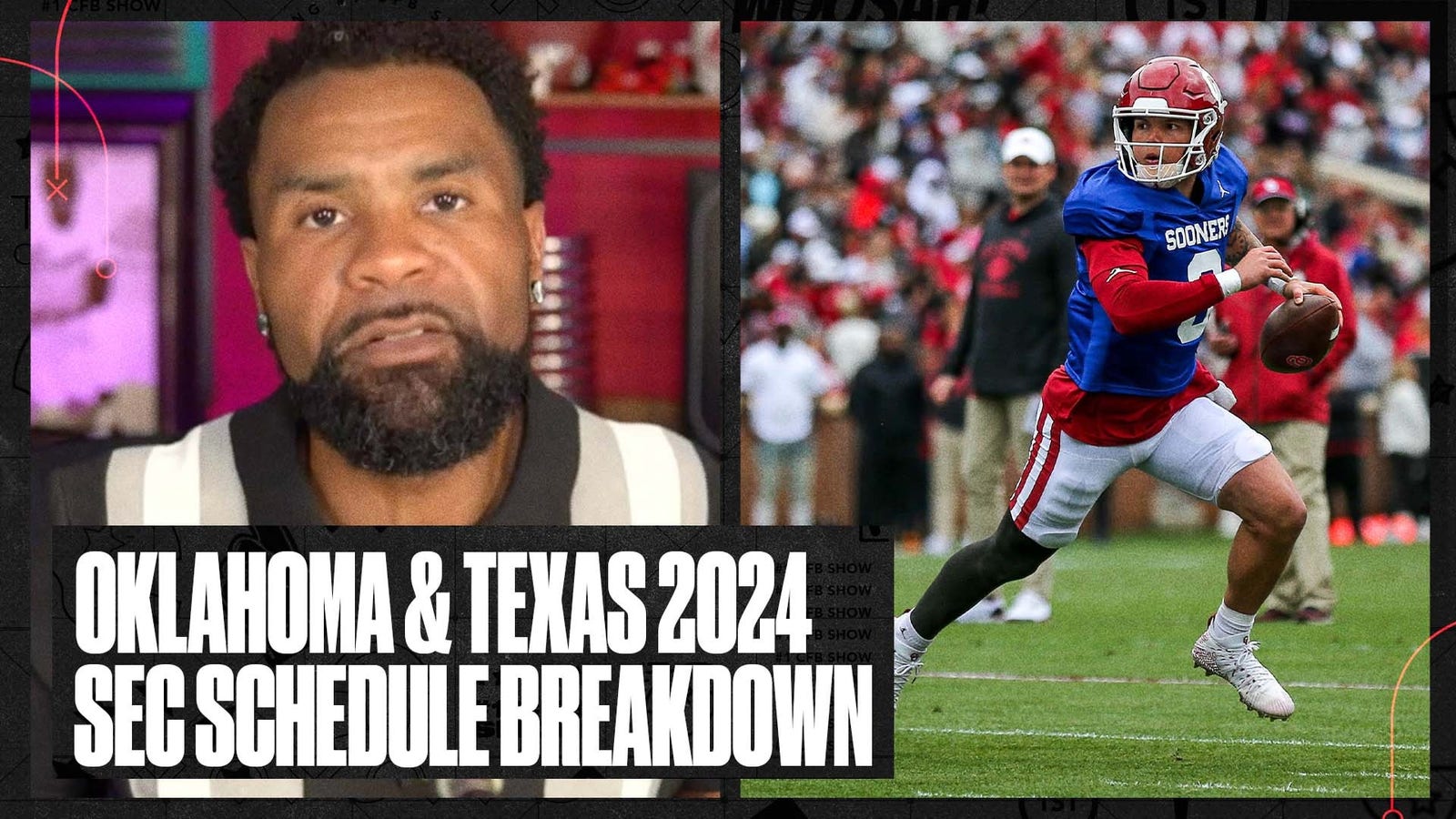In our USFL player interview with former Ohio State wideout Johnnie Dixon, he asked: Who wouldn’t want to play wideout at Ohio State? To which you all asked about LSU.
So, I decided to matchup LSU and Ohio State in our versus series to find out which of these programs is better at producing wide receivers.
The NFL Draft is weighted heaviest here. Why? Because damn near every college football player who has played the sport has done so with an eye toward playing pro football at the highest level. That is and has been the NFL since the merger.
That means taking into account not just how many players were drafted from their respective schools, but how high in the draft they were selected. You get less credit for Michael Thomas being drafted in the second round than you do for Anthony Gonzales getting drafted in the first. However, you get more credit for Thomas’ production in the NFL than a wideout who retired and became a U.S. Congressman. (Yes, Anthony Gonzalez served as the Representative for the 16th District of Ohio from 2019 to January of this year.)
ADVERTISEMENT
Next, you have to take into account the era for which each player played. And I’m not willing to take this back farther than two decades because the game, its players and coaches change often. Although Big Bill Bell might be one of the greatest Ohio State defensive lineman of his time, Chase Young is going to probably destroy him in an Okie Drill.
Knowing that, it had been 15 years between Ohio State putting a wideout into the first round of the NFL Draft. After Gonzalez was selected No. 31 overall in 2007, it wouldn’t be until Garrett Wilson was selected No. 10 overall in 2022 that the Buckeyes saw a receiver drafted in the first round. Not coincidentally, with Chris Olave’s selection at No. 11, 2022 was the first year since 2007 that the Buckeyes saw more than one wideout selected in the first round.
It’s another way of saying when the Buckeyes offense is good, it gets the NFL’s attention.
Now, you get one point for each round after the first. Second to seventh doesn’t matter much here. You get 15 points for being a first-round pick. Eighteen points for an All-Pro Selection and 25 for being a Biletnikoff Award winner. The Biletnikoff Award is weighted higher than All-Pro and first-round selection because you can have more than one All-Pro and first-round selection in the same year.
Let’s start with the Buckeyes:
Ohio State
In ’04, Drew Carter went in the fifth. Michael Jenkins went in the fourth.
In ’06, Santonio Holmes went in the first.
In ’07, Roy Hall went in the fifth. Ted Ginn and Anthony Gonzalez both went in the first.
In ’09, Brian Hartline went in the fourth. Brian Robiskie went in the second.
In ’12, DeVier Posey went in the third.
In ’15, Evan Spencer went in the sixth. Devin Smith went in the second.
In ’16, Braxton Miller went in the third and Michael Thomas went in the second.
In ’17, Noah Brown went in the seventh. Curtis Samuel went in the second.
In ’19, Terry McLaurin went in the third. Parris Campbell went in the second.
In ’20, K.J. Hill went in the seventh.
In ’22, Wilson and Olave went in the first.
In ’23, Jaxon Smith-Njigba went in the first.
Ohio State had six first rounders: Holmes, Ginn, Gonzalez, Wilson, Olave and JSN — 90 points.
Twenty-one WRs drafted, but 15 from the second on — 15 points.
Of this group, Michael Thomas is the only All-Pro — 18 points.
Of this group, no one won a Biletnikoff Award, and no Buckeye receiver has won one since Terry Glenn in 1995.
The Buckeyes’ total: 123 points.
Now, let’s look at LSU:
LSU: Josh Reed went in 2003 in the second.
In 2004, Michael Clayton went in the first. Devery Henderson went in the second.
In ’06, Bennie Brazell went in the seventh. Skyler Green went in the fourth.
In ’07, Craig Davis and Dwayne Bowe went in the first.
In ’08, Early Doucet went in the third.
In ’09, Demetrius Byrd went in the seventh.
In ’10, Trindon Holiday went in the sixth. Brandon Lafell went in the third.
In ’12, Rueben Randle went in the second.
In ’14, James Wright went in the seventh. Jarvis Landry went in the second. Odell Beckham Jr. went in the first.
In ’17, Malachi Dupre went in the seventh.
In ’18, Russell Gage went in the sixth. DJ Chark went in the second.
In ’20, Justin Jefferson went in the first.
In 2021, Racey McMath went in the sixth. Terrace Marshall went in the second. Ja’Marr Chase went in the first.
This year, Kayshon Boutte went in the sixth.
LSU had six drafted in the first: Clayton, Davis, Bowe, Odell, Jefferson and Ja’Marr — 90 points.
Twenty-two total but 16 from the second round on — 16 points.
Of this group, Jefferson is the only All-Pro — 18 points.
Of this group, Josh Reed (’01) and Chase (19) won the Biletnikoff Award — 50 points.
LSU’s total: 174 points.
LSU is better at producing wide receivers than Ohio State. Of course, that can always change.
RJ Young is a national college football writer and analyst for FOX Sports and the host of the podcast “The Number One College Football Show.” Follow him on Twitter at @RJ_Young and subscribe to “The RJ Young Show” on YouTube.
COLLEGE FOOTBALL trending

Get more from College Football Follow your favorites to get information about games, news and more











